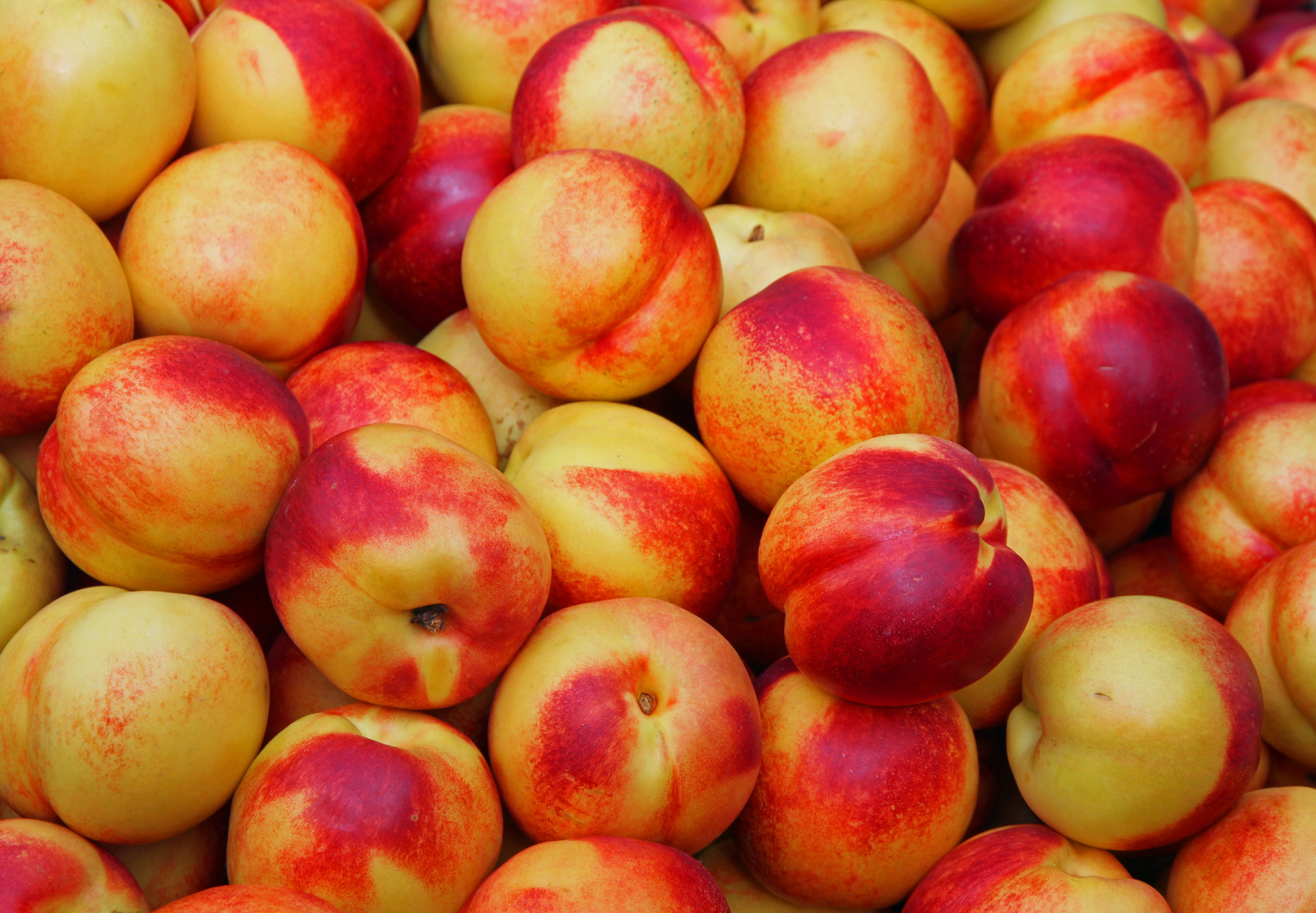Posts from the "Latest News" category
DE: Opinion: Could retailer pollinator policy jeopardize bee and grower well-being?
Fresh Fruit Portal: In today’s competitive food retailer business where margins are at their lowest and every new advantage may increase customer share, the incentive to find a new angle that gains customer approval and raises profile above that of competitors, even at the expense of sound judgment, may be difficult to resist. Following a retailer’s recent decision to ban eight allegedly ‘bee harming’ insecticides from its products, Christina Huxdorff from Greenpeace, Germany was quoted as saying, “This is just a beginningâ€. For growers worldwide who need these valuable tools to control potentially devastating pests in order to supply the European food chain, the concern must now be: where will it all end?
Read Article →DK: The supermarket that wants everyone to buy food waste
Aol.com: Residents of Copenhagen can cut their grocery bills by as much as half thanks to a new supermarket that opened in the city this week. WeFood, started by the nonprofit DanChurch Aid, gets all of its products—from dairy to meat to dry goods—from supermarket chains that would otherwise throw the food away.
Read Article →US: Which food is most likely to give you Salmonella?
The Daily Meal: Salmonella poisoning, or salmonellosis, is an illness inspired by the consumption of one of over 2,000 foodborne salmonella strains. “Salmonella infection usually occurs when a person eats food contaminated with the feces of animals or humans carrying the bacteria,†says Foodborne Illness.
Read Article →US: Research shows feedlot link to E. coli O157:H7 on leafy greens
Food Safety News: Current guidelines for the minimum distance between cattle feed lots and fresh produce growing fields are likely inadequate to ensure leafy greens are not contaminated with E. coli from dust and manure. “Additional research is needed to determine safe set-back distances between cattle feedlots and crop production that will reduce fresh produce contamination,†according to scientists who conducted a two-year study.
A two-year study at the U.S. Meat Animal Research Center showed leafy greens planted well past the recommended minimum safety distance from a cattle feedlot were contaminated with E. coli from the dust and manure.
Read Article →AU: Patties still feels pain from berry recall
Inside FMCG: The effects of the hepatitis A scare that led to the recall of its Creative Gourmet and Nanna’s frozen berry products in February 2015 lingers on despite tests finding no traces of the virus in recalled samples.
Patties Foods’ first half profit declined almost 12 per cent to $7.3 million. This was largely due to a 62 per cent decline in revenue from its frozen fruit products in the six months to December 31.
Read Article →AU: Tests results associate more people with recalled salads
FPSC: Cases of Salmonella anatum illness associated with salads recalled by Tripod Farmers on the 4th February have increased. While there are potentially more cases to emerge through ongoing testing during the follow up, it is expected that the rate of new cases that will be associated with this event has peaked and will start to decline. The use-by-date of any affected products has expired and the incubation time for symptoms to emerge is nearing the end. So far 10 cases have been confirmed with another 200 cases with probable association.
Read Article →NZ: Golden apple industry on its way to $1 billion target
NZ Herald: When Hawke’s Bay orchardist Lesley Wilson began growing apples close to 30 years ago, “paperwork” meant keeping a cashbook and a box of receipts. Now, she says she could fill a room with compliance folders — and that’s part of the reason why the industry has performed so strongly in recent years.
Wilson says all those folders mean the industry now has the ability to jump through various compliance and quarantine requirements to find lucrative markets for its apples.
Read Article →AU: Food police strike school lunches with watermelon, bananas and strawberries off the menu
Herald Sun: As schools and kinders grapple with spiralling food allergies, some are advising parents that even certain fruit and vegetables should be binned. Point Cook P-9 College has urged parents to avoid sending bananas, watermelon, soy, wheat, eggs, dairy, and nuts in lunches due to minor allergies and life-threatening anaphylaxis.
Murdoch Childrens Research Institute Professor Katie Allen said there were rising rates of food allergies and intolerances around the world, and fruit was one of the rarer ones.
Read Article →Salmonella outbreak linked to pre-packed mixed salad update
The Victorian Department of Health and Human Services continues to investigate an outbreak of Salmonella Anatum infection associated with consumption of mixed salad ingredients from one supplier.
Other states are also investigating cases of Salmonella Anatum to see whether these cases are linked to the outbreak strain in Victoria, or coincidental to it.
Victorian health authorities are leading the investigation into the source of the Salmonellaoutbreak and coordinating testing on this issue.
Food Standards Australia New Zealand (FSANZ) is working closely with State, Territory and Federal authorities and coordinated the product recall.
Consumers can stay updated on the recall by visiting www.foodstandards.gov.au<http://www.foodstandards.gov.au>.
OzFoodNet, Australia’s enhanced foodborne disease surveillance network, is undertaking a multi-jurisdictional outbreak investigation, led by Victoria. Investigations are ongoing.
LATEST CASES OF SALMONELLA ANATUM NATIONALLY:
There have been 208 cases of Salmonella Anatum reported which match the outbreak case definition.
Nine confirmed and 144 probable cases were reported from Victoria with packaged salad being eaten by many of the interviewed cases.
Other states are also investigating cases of Salmonella anatum: Queensland
13 probable, Western Australia 5 probable; South Australia 21 probable; New South Wales 1 confirmed and 14 probable; ACT one probable.
Note: WA is not part of the national recall as no product was distributed in WA.
Read Article →Sydney Markets Professional Development Event: Fresh Produce Testing for Food Safety
1 March 2016
The Fresh Produce Safety Centre is running a professional development event to improve understanding and utilisation of fresh produce testing for food safety.




